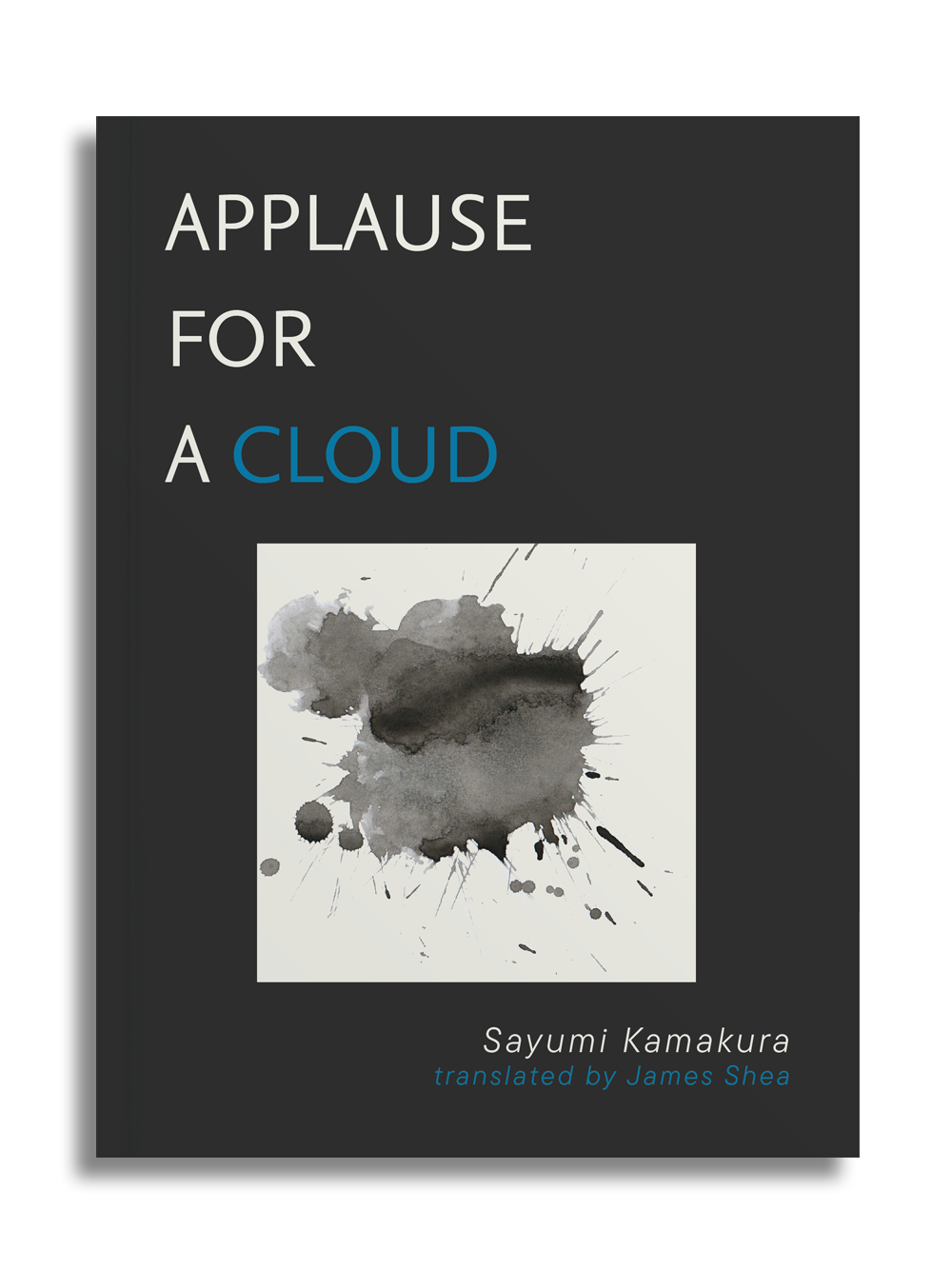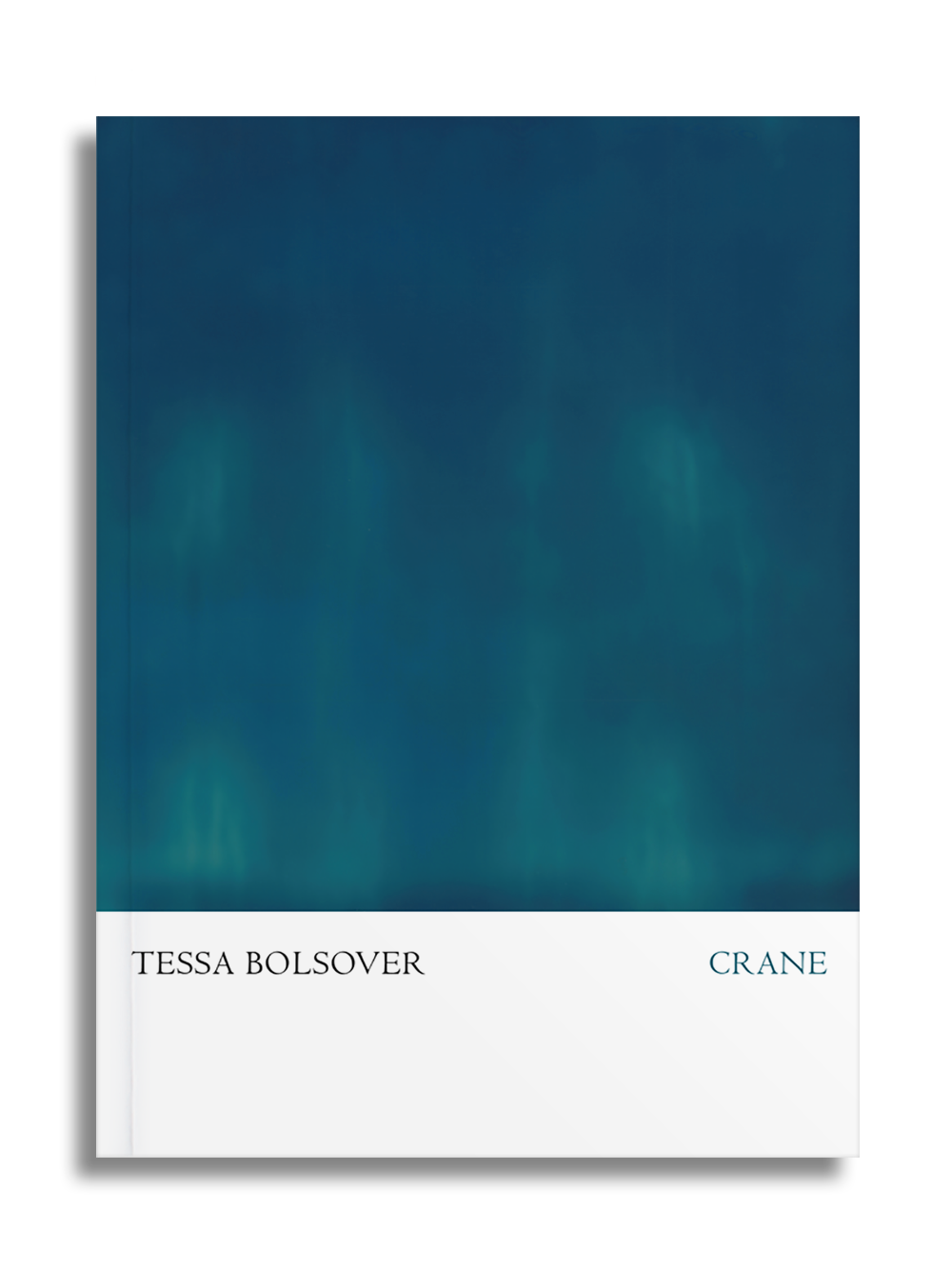Our Human Shores
Our Human Shores
by Josh Fomon
Paperback / 182p. / Poetry
ISBN 978-1-965154-01-4
Our Human Shores explores living in the Anthropocene, the ecological disasters life faces, and the barriers and inequality society faces in trying to create a better and livable world.
Our Human Shores is an exploration into how language is rooted within the Anthropocene — and how poetry shapes meaning-making, faith in people and institutions, and death through lyricism, experiment, and ecopoetics. Using a phrase from John Keats’ “Bright Star” sonnet, Our Human Shores explores a tautology of thresholds and shores to remake our world, our experience of nature, and our relationship with climate, creation, and humankind’s existential place in a world staring down the apocalypse. Our Human Shores is a speculative work that will guide humanity through extinction.
Josh Fomon is the author of Though We Bled Meticulously, also published by Black Ocean. His poems have appeared in a variety of journals, including Afternoon Visitor, Caketrain, DIAGRAM, DREGINALD, The Georgia Review, jubilat, mercury firs, Poetry Northwest, TYPO, and Yalobusha Review. He lives on the unceded lands of the Coast Salish peoples in Seattle.
“In Our Human Shores, Josh Fomon takes on the difficult situation of our country and world in a voice that vibrates between prophetic and private, apocalyptic and lyrical. If it’s Whitmanesque it’s the Whitman of the radical Latin American poets. Fomon’s poems mourn, hope, and struggle. His language is sensuous, glistering. When I read it, I can feel the words in my mouth.”
“Among the ebb and flow of a world whose end embeds the present with the visceral unease of its uncertainty, early in Josh Fomon’s stunning, kaleidoscopic second collection, the speaker returns to a perennial apprehension. ‘How do we mourn that which has yet / to be lost?’ he asks. In this way, the voice that lives within these pages feels haunted by a missing future it can only access through the imaginative balm of a language tuned to otherness. This is a book in which the disparate angels of the self scour future ruins and try to say ‘I love you’ amidst a disintegrating landscape where I and Thou must learn to reach for one another and sing as one upon our human shores the necessary music of our time. And I am grateful.”







